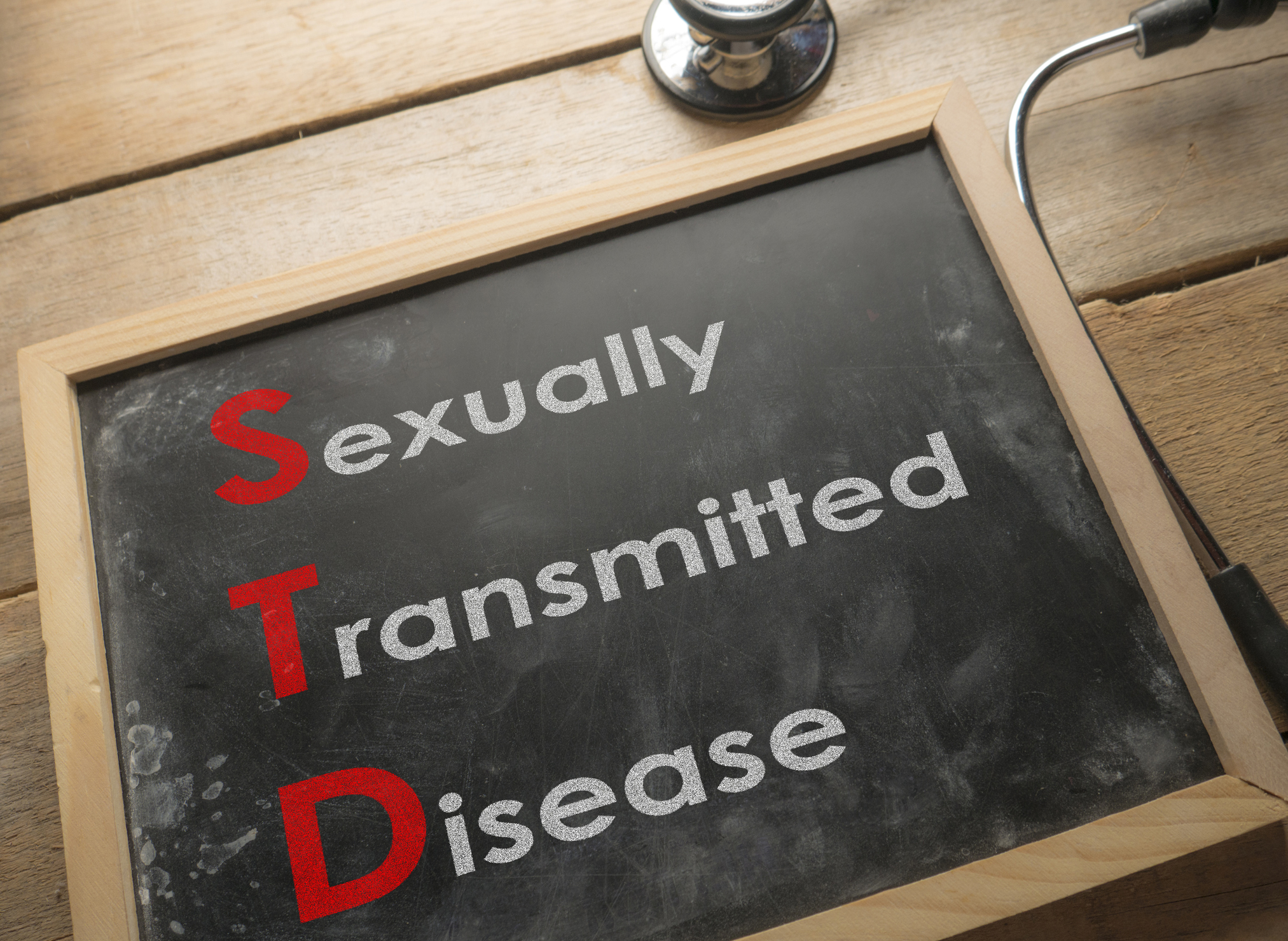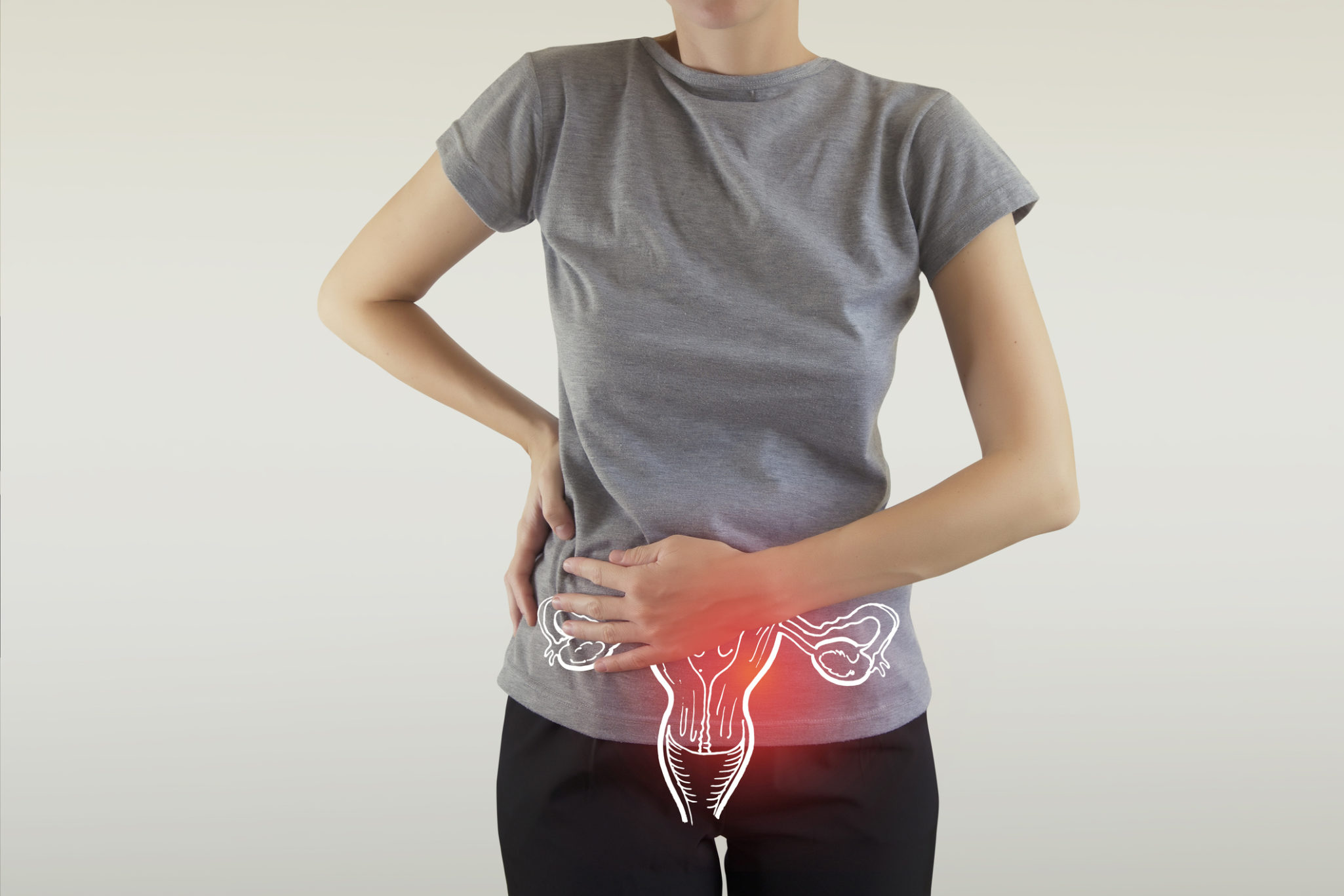Sexually Transmitted Diseases
Sexually transmitted diseases (STDs) are infections that people spread to one another through sex. There isn’t a stigma to having an STD — they are quite common. In fact, many people have an STD and have no idea. But they can be serious stuff, so it’s good to get tested.
That’s one of the services we provide at Texas Center for Health.

Can You Have An Std And Not Know It?
You can have any sexually transmitted disease and not show any symptoms. While someone else may show signs, such as burning when urinating, genital itching, or discharge, you may not have any symptoms.
Take chlamydia, for example. This STD can cause some serious problems if left untreated, yet 75 percent of women and 50 percent of men have no symptoms.
Or HIV. On average, symptoms from HIV don’t show up for a decade after infection.
Do STDs Cause Permanent Damage?
People often assume STDs are relatively harmless, maybe causing a little burning when urinating or something similar. Reality is far different. Over 20 million Americans contract an STD each year. Due to the stigma attached to them, many of these people don’t get tested. But, while there are some more low-key STDs, others you know quite well — HIV/AIDS, gonorrhea, hepatitis C.
If left untreated, an STD can lead to serious, possibly life-endangering, long-term complications. These can include:

- Male and female sterility
- Blindness
- Bone deformities
- Damage to major organs
- Cervical cancer
- Cancer of the vagina, penis, anus, or throat
- Pelvic inflammatory disease
- Tubal pregnancy
- Pain during urination and intercourse
- Blisters, sores, warts, rashes, or swelling in the genital, anal, or
mouth areas - Discharge from the penis, vagina, or rectum
- Persistent flu-like symptoms
- Birth defects, including mental retardation in the baby
- Death
I’ve Heard Gonorrhea Goes Away On Its Own. Is This True?
It is unlikely. What’s more likely is that you may have gonorrhea and not know it because you aren’t showing any symptoms. Don’t mistake this for curing the infection. While gonorrhea is an easily curable STD, it can cause a person to become sterile if left untreated.
Can STDS Be Cured?
There are viral STDs, such as herpes, and there are non-viral STDs, such as chlamydia. Viral STDs are with the person for life. In some forms of the human papilloma virus the body’s immune system can defeat it, but other forms (there are over 200 types of HPV) stay with you.
Non-viral STDs can be cured with antibiotics.
How Often Should I Get Tested For STDS?
There’s no set timeline here. It’s not like getting your teeth professionally cleaned and examined twice each year. It depends, to some degree, on your sexual activity. Many doctors feel it’s a good idea to get tested after engaging in sex with a new partner without a condom. But you should be using protection.
Otherwise, a rule of thumb is kind of like this. Sexually active women under the age of 25 should be tested for chlamydia and gonorrhea every year, as rates of infection in this age group are off the charts. Everyone from 13 to 65 should be tested at least once for HIV, unless you’ve only lived in a convent or monastery your entire life.
One way to look at this is, if you’re active sexually and you have new partners, you need to have protected sex, but you also need to get tested for STDs. When you’re here with your Texas Center for Health doctor, let’s talk about it. This isn’t anything to be embarrassed about. We all have sex. It’s a great part of being human. It simply makes sense to be safe about it.
Who Is At High Risk For STDS?
While you could say pretty much anyone having sex these days is at high risk for STDs like chlamydia or gonorrhea, we don’t have to become paralyzed by fear. These characteristics would put you at high risk of having an STD. You…
- Have more than one sex partner
- Have sex with someone who has had many sex partners
- Don’t use a condom when having sex
- Share needles when injecting drugs
- Trade sex for money or drugs

How Long Does Getting An STD Test Take?
Getting an STD test at Texas Center for Health is quick and easy. Unfortunately, there isn’t a single test for all STDs — each STD has its own test. Our doctors can help you figure out which tests would be a good match for your sex life.
STD tests may include:
- A urine test
- A cheek swab
- A blood test
- A physical exam (looking for warts, sores, rashes, irritation, or discharge)
- Testing your sores
- Using a swab to gently take discharge or cell samples from your penis, vagina, urethra, cervix, anus, or throat
How Long Do I Have To Wait To Get My Results After My STD Te st?
Just as each test is different for the many STDs out there, so are the times to get your results back. That’s because different STDs have different incubation times.
When you first contract an STD, your body needs time to recognize that fact and produce antibodies to the disease. This period is known as the incubation period, and you may not experience any symptoms. If you test for the STD too early and the incubation period is not over, you may test negative for the disease even though you have it. Incubation periods range from 2-12 days for oral herpes, all the way up to 2-26 weeks for hepatitis C, and 1 month to 10 years for different HPVs.
Bottom line? Fill us in on your sexual patterns and we’ll tell you which STD test or tests you should probably have. Then we can give you the test, and we can tell you when you can expect your results. Not to be oblique…but these things are a little complicated.
Just talk to your Texas Center for Health doctor and we’ll be your guide.
Schedule Your Screening Today
If you're interested in learning more about STDs please contact us for a screening today at 409-923-0012 or fill out our contact us form. We will discuss your needs and concerns, and determine your best course of action.

